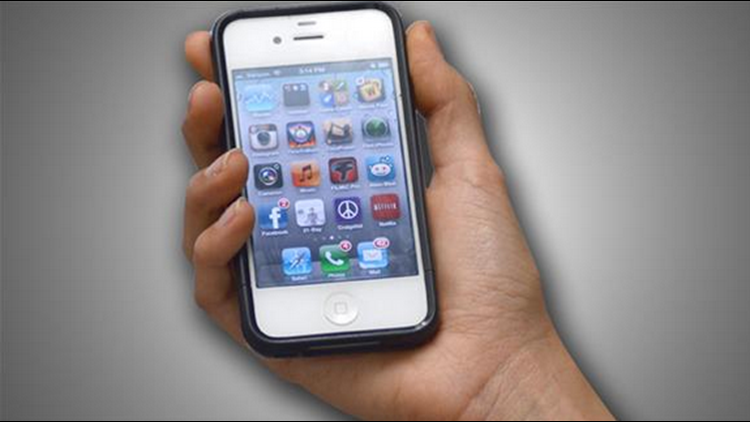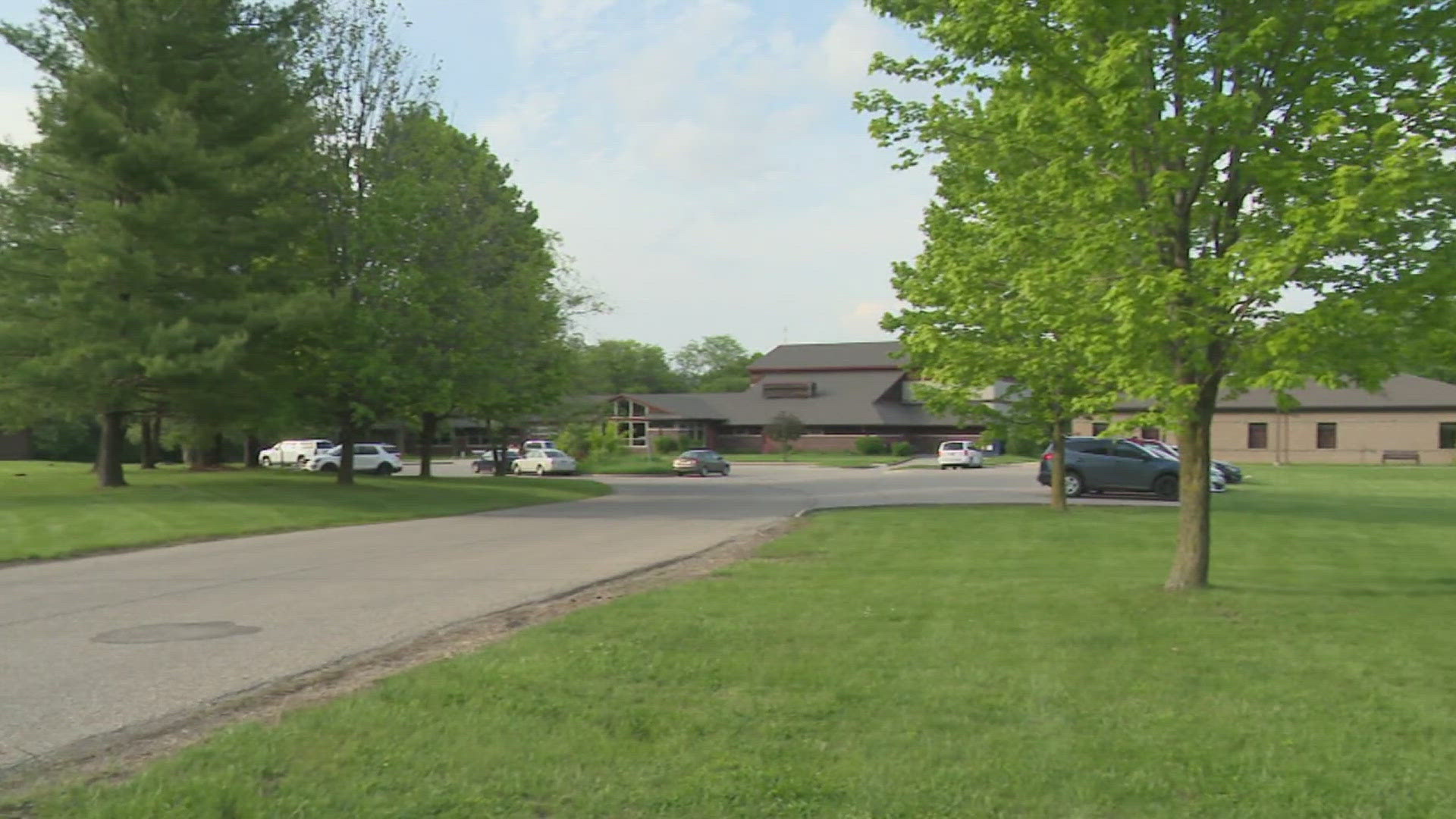KANKAKEE, Illinois (Illinois News Network) – A 13-year-old boy’s felony charge for recording his middle school principal begs the question: When is it OK to record someone without breaking Illinois state law?
Paul Boron recorded his principal and another school official when they talked to him about missing detention. When the school leaders learned Boron was recording, they reported it. The Kankakee County State’s Attorney charged Boron with a Class 4 felony in April. The same as aggravated DUI and first-time weapon offenses.
What Boron did is legal in most other states. Illinois is what’s known as a two-party consent state, meaning that recording someone without permission in even a semi-private area is a Class 4 felony. The key term in the law is a “reasonable expectation of privacy.” Recording a phone call, for instance, would likely be a felony.
“The principal of two-party consent is something that Illinois has that provides people with a greater degree of privacy than in many other states,” ACLU Illinois staff attorney Ben Ruddell.
In Boron’s case, Ruddell said everyone involved went too far.
“It was entirely inappropriate for this situation to be dealt with in this manner,” he said. “To criminalize this young man and make a felon out of him is something we can unequivocally say is the wrong thing to do.”
Opponents of Illinois’ two-party consent law says it’s too broad, allowing for abuses of authority in the same manner as the Manteno school officials did against Boron. Many cases of this law being charged is when a private citizen records public officials, even law enforcement.



